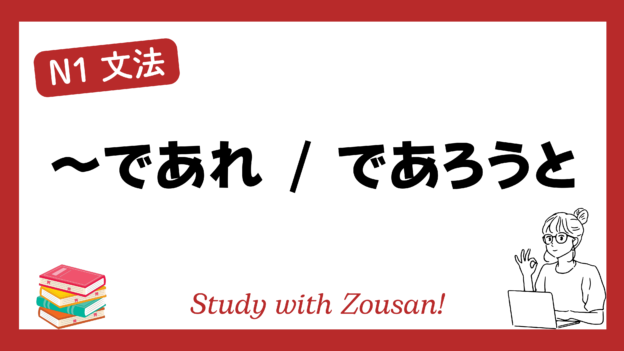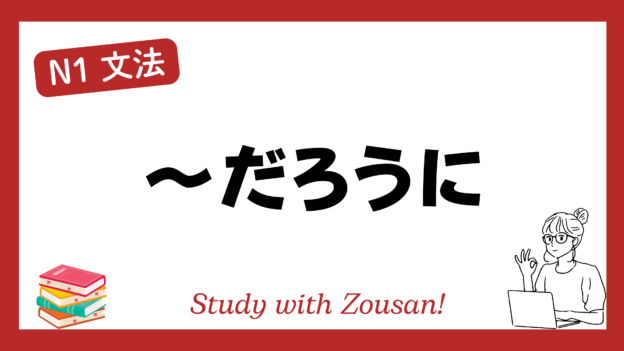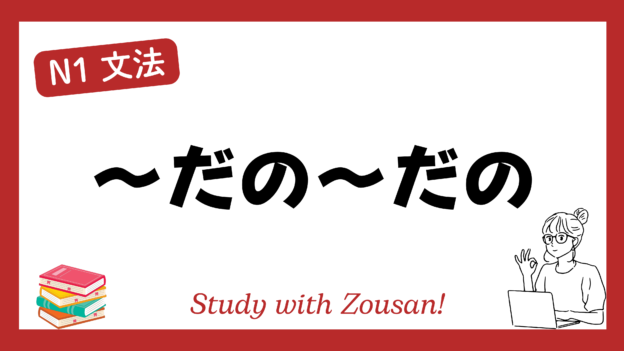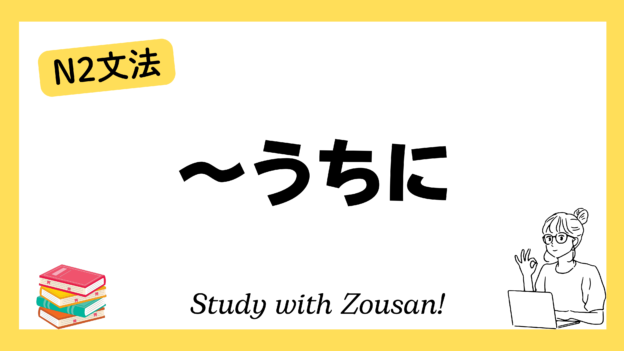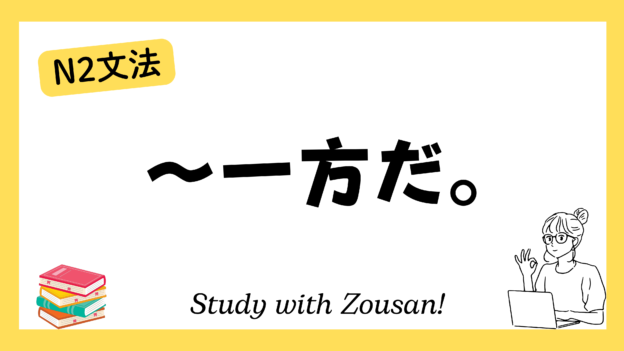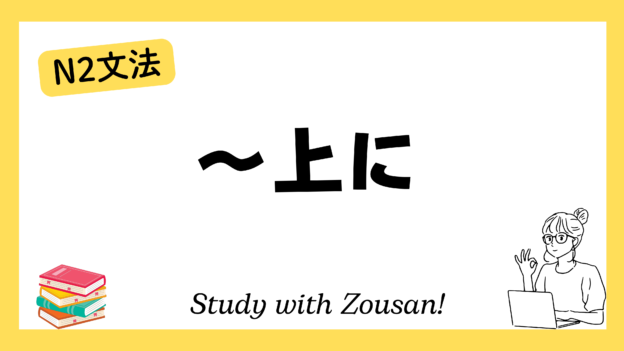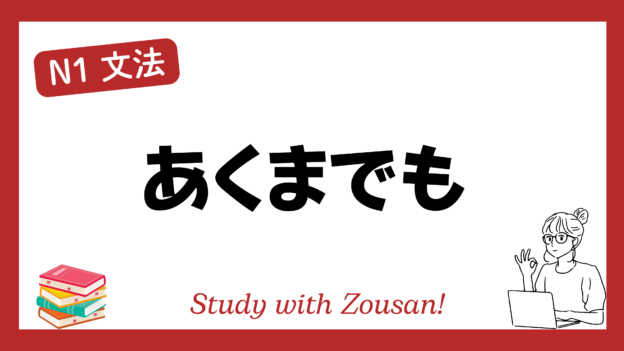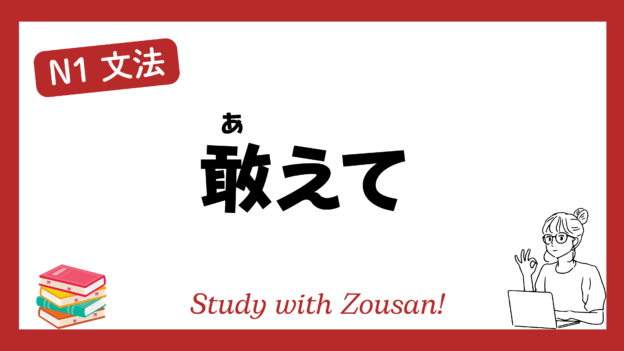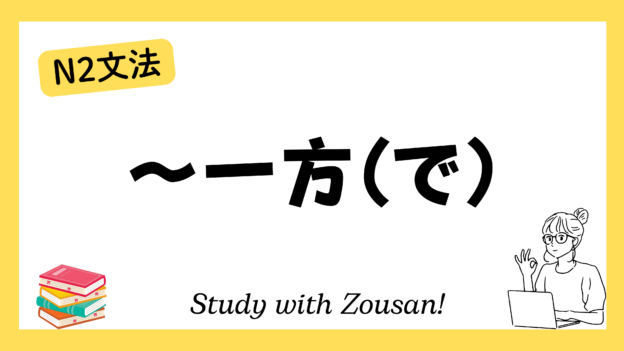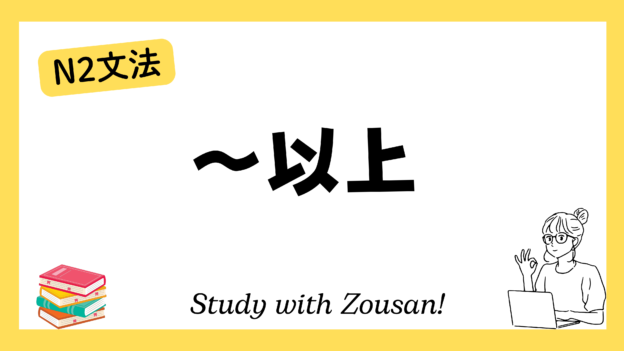Meaning: “Even if…”, “No matter…”
This structure is used to emphasize that no matter what happens or regardless of the situation, the result or action remains unchanged. It conveys a strong sense of determination or conviction, indicating that the speaker or situation is not influenced by any obstacle or condition.
※Note: “~であれ” and “~であろうと” are often used in formal contexts to highlight the unchanging nature of a decision, stance, or fact, even in difficult circumstances.
Structure:
| Noun + | であれ であろうと |
Example:
-
-
-
🌟 たとえ雨であれ、試合は中止しない。
(たとえ あめ であれ、しあい は ちゅうし しない。)
Even if it rains, the match will not be canceled. -
🌟 たとえ誰であれ、規則を破ることは許されない。
(たとえ だれ であれ、きそく を やぶる こと は ゆるされない。)
No matter who it is, breaking the rules is not allowed. -
🌟 たとえお金持ちであろうと、人を見下すことは許されない。
(たとえ おかねもち であろうと、ひと を みくだす こと は ゆるされない。)
Even if you are rich, looking down on others is not allowed. -
🌟 結果がどうであれ、努力することが大切だ。
(けっか が どう であれ、どりょく する こと が たいせつ だ。)
No matter the outcome, making an effort is important. -
🌟 彼が何者であれ、法律は守らなければならない。
(かれ が なにもの であれ、ほうりつ は まもらなければならない。)
No matter who he is, the law must be obeyed. -
🌟 たとえ失敗であれ、経験は無駄にはならない。
(たとえ しっぱい であれ、けいけん は むだ に は ならない。)
Even if it’s a failure, the experience is not wasted. -
🌟 どんな理由であろうと、暴力は許されない。
(どんな りゆう であろうと、ぼうりょく は ゆるされない。)
No matter the reason, violence is not acceptable. -
🌟 たとえどんな困難であれ、諦めるわけにはいかない。
(たとえ どんな こんなん であれ、あきらめる わけ に は いかない。)
No matter the difficulty, we cannot give up. -
🌟 たとえ成功する可能性が低くであろうと、挑戦する価値はある。
(たとえ せいこう する かのうせい が ひくい であろうと、ちょうせん する かち は ある。)
Even if the chances of success are low, it’s worth the challenge. -
🌟 誰であろうと、この規則を守らなければならない。
(だれ であろうと、この きそく を まもらなければならない。)
No matter who it is, they must follow this rule.
-
-


